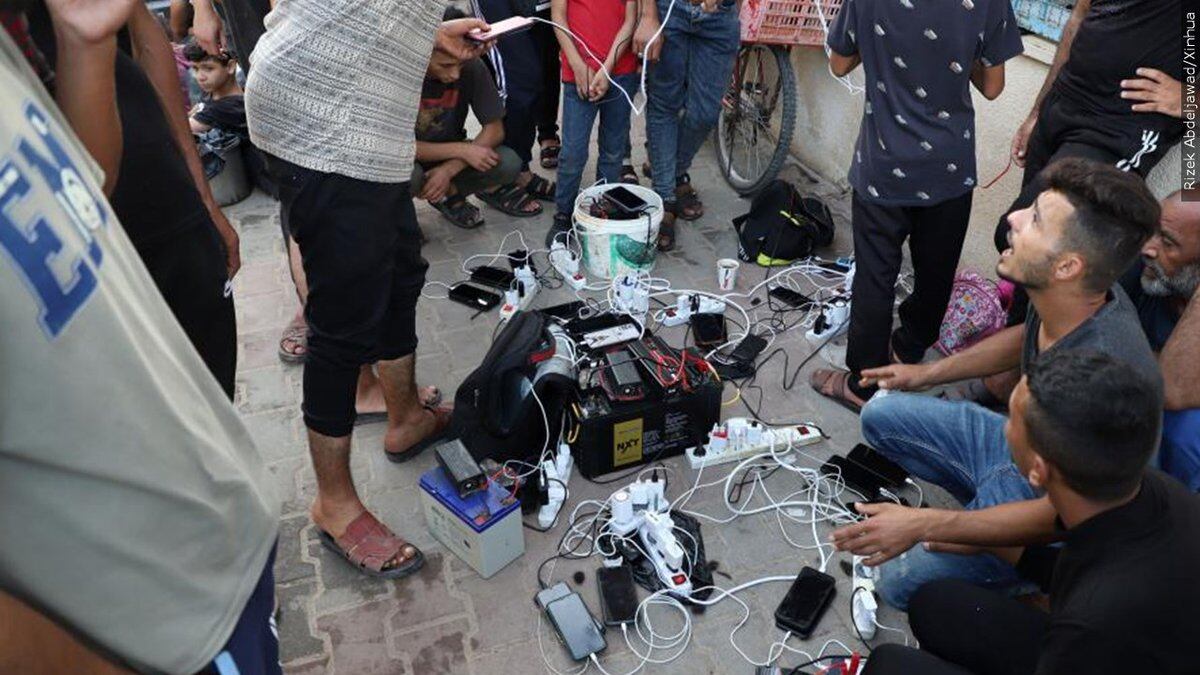The Palestinian Digital Rights Coalition penned a letter to Meta on November 7 and called on the company to take immediate action to end the dehumanization of Palestinians and the suppression of Palestinian voices and narratives on its platforms. The letter comes in the wake of the genocidal Israeli war on Gaza and in response to multiple concerning reports of Palestinian content, profiles, and pages being aggressively moderated, restricted and banned.
The digital rights group further urged Meta to “comprehensively audit its datasets used for AI (Artificial Intelligence) training in content moderation” and initiate an inquiry into recent incidents and events in relation to Meta’s AI models.
The coalition noted in the statement that, “we, a collective of Palestinian human rights and civil society organizations, are deeply astonished at how Palestinian identity continues to be dehumanized and silenced by Meta’s digital platforms. Amid the intensifying atrocities perpetrated by Israeli authorities against the Palestinian people, characterized by relentless violence and grave breaches of the Geneva Conventions 1949, we are compelled to address Meta on the issue of dehumanization of the Palestinian people, especially during times of crisis.”
It continued, stating: “it frustrates us to witness the persistent challenges faced by Palestinians on Meta’s platforms. Palestinian civil society organizations have raised their voice for years against the rapidly escalating violations of Palestinian digital rights on Meta’s platforms. Last year, the Business for Social Responsibility (BSR) study found that in May 2021, Meta’s actions had an adverse human rights impact on the ‘rights of Palestinian users to freedom of expression, freedom of assembly, political participation, and non-discrimination, and therefore on the ability of Palestinians to share information and insights about their experiences as they occurred.”
According to the social media watchdog group, 7amleh, Palestinians, especially journalists and human rights activists, face disproportionately higher levels of censorship along with much lower reachability and visibility on the social media platforms owned by Meta. It also found that the main reason why Palestinian content is over-moderated on these platforms is because the company “lowered the threshold” on the level of confidence its automated systems require before acting on Arabic/Palestinian content in particular, from 80% to only 25%.
The group warned that this kind of policy “not only restricts freedom of expression but also hinders access to information.” Furthermore, the group revealed that Meta’s platforms have allowed for the proliferation of content which included hate speech, incitement to violence, disinformation, especially in the Hebrew language emanating mainly from Israel and targeted at Palestinians.
Since October 7, the start of the Al Aqsa Flood operation which Israel responded to with its genocidal war against Gaza, the Palestinian Observatory for Palestinian Digital Rights Violations (7or) has documented 532 cases of harmful content, which include incitement to violence and hate speech, across Meta’s three platforms.
The groups in their letter demanded Meta to “take immediate action to protect Palestinian digital rights, especially in times of extreme Israeli violence. It is crucial to ensure that human rights are upheld online and to create safe platforms for all. Meta must also guarantee that Palestinian voices, and others advocating for Palestinian human rights worldwide, are no longer stifled or disproportionately moderated. Content moderation policies and practices must be aligned with international human rights law and the United Nations Guiding Principles on Business and Human Rights,” said the Palestinian digital rights coalition.”





